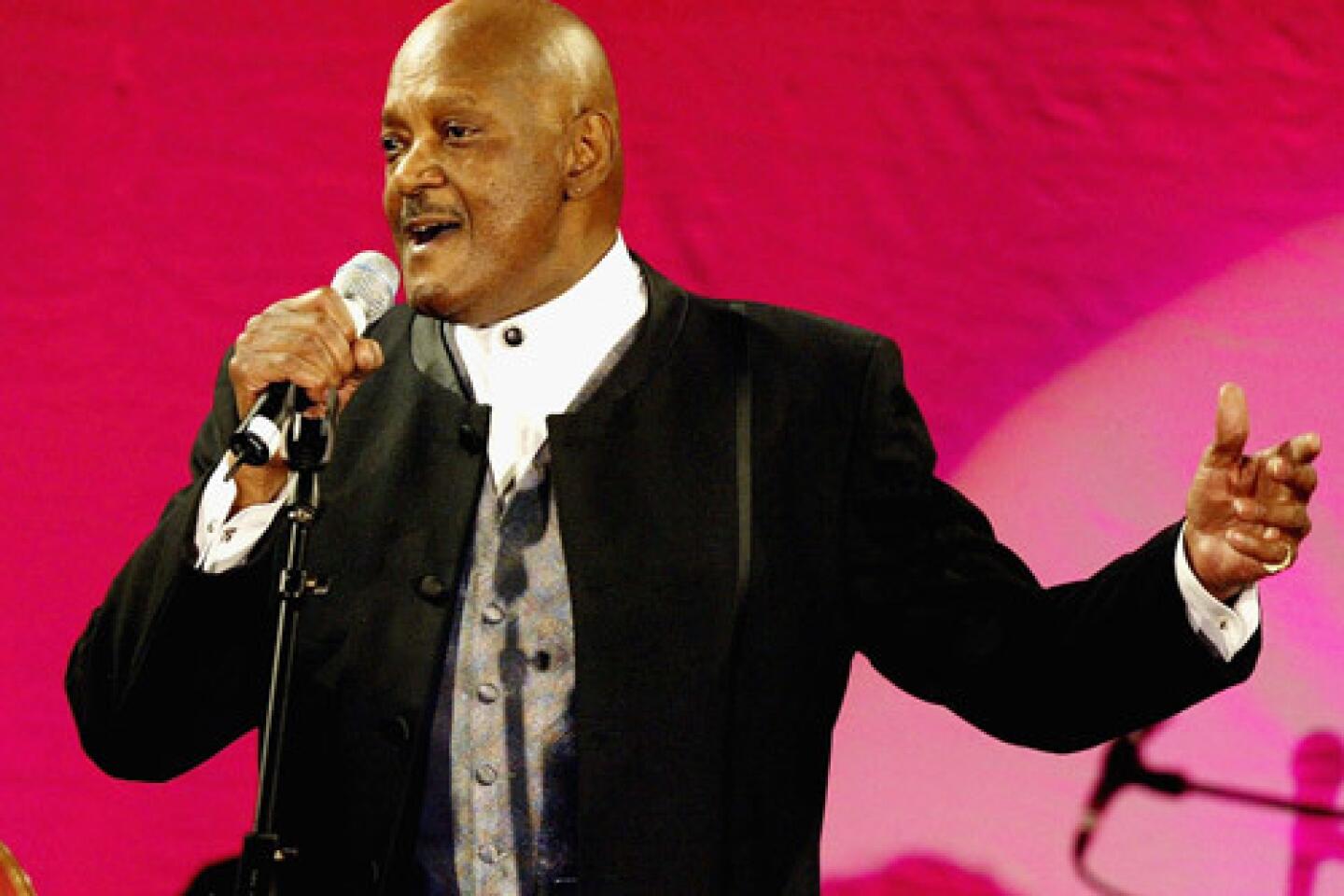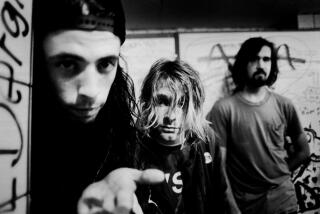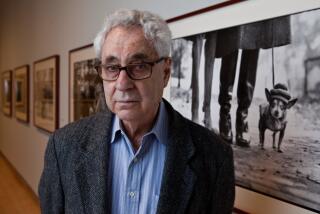Robert Whitaker dies at 71; Beatles photographer
Photographer Robert Whitaker, who shot some of the most famous — and infamous — images of the Beatles, has died. He was 71.
Whitaker died of cancer Sept. 20 in Sussex, southern England, according to a friend, photo archivist Dave Brolan.
Whitaker took scores of well-known pictures of the Beatles, including the controversial “butcher” cover of the 1966 American album “Yesterday and Today.”
The image of the Fab Four in white coats surrounded by decapitated children’s dolls and slabs of raw meat proved too strong for record company Capitol, which ordered the cover withdrawn soon after the album’s release.
The record was rereleased with an inoffensive picture of the band sitting on a steamer trunk. Originals are coveted by collectors and can sell for thousands of dollars.
Whitaker, a fan of surrealism, later said the butcher image was a meditation on fame and an attempt to shake up the band’s image.
Born in Harpenden, southern England, in 1939, Whitaker immigrated to Australia in his early 20s and was working as a photographer in Melbourne when the Beatles visited the country in 1964. He was assigned to photograph manager Brian Epstein for the Jewish News; Epstein was so impressed with the resulting image of himself adorned with peacock feathers that he offered Whitaker a job as staff photographer for his company, NEMS.
The job involved photographing “Merseybeat” acts including Cilla Black and Gerry & the Pacemakers, as well as capturing the Beatles — onstage, backstage, in planes and hotel rooms and all manner of locations — over more than two years. He covered the band’s final world tour in 1966 and took the pictures used on the collage-style cover of the “Revolver” album.
After parting company with the Beatles, Whitaker photographed Mick Jagger on the sets of the films “Performance “ and “Ned Kelly,” helped create the psychedelic cover for Cream’s “Disraeli Gears” album and worked on the influential underground magazine Oz.
Increasingly wary of being pigeonholed as a “pop” photographer, Whitaker moved into news, covering the Vietnam War and other conflicts for publications including Time and Life. He also spent time photographing his artistic hero, Salvador Dali.
In the 1970s he moved to the English countryside, where he farmed and raised cattle.
Whitaker compiled several books of his Beatles photographs, including “The Unseen Beatles” and “Eight Days a Week.”
He is survived by his wife, Sue, and three children.
More to Read
Start your day right
Sign up for Essential California for the L.A. Times biggest news, features and recommendations in your inbox six days a week.
You may occasionally receive promotional content from the Los Angeles Times.
















